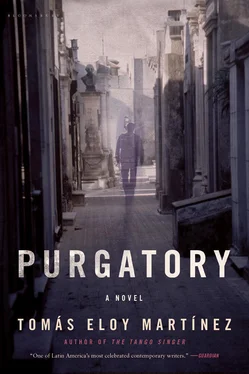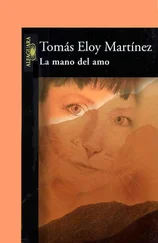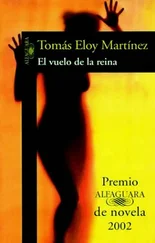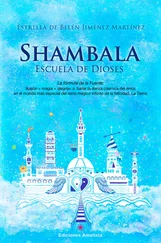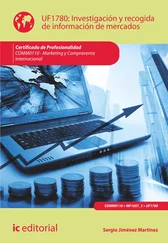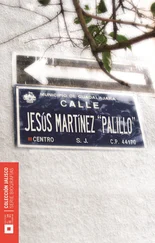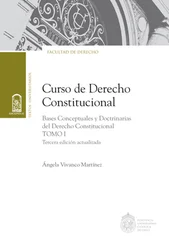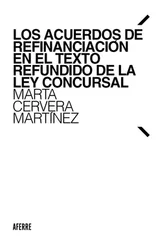‘I think I read something like that somewhere, in Schopenhauer or Nietzsche: The sun itself burns without intermission, an eternal noon .
‘I don’t know it. I stayed there in the courtyard, looking after the guy with the slate until the sun set. Night fell and we didn’t notice. For us, it was still noon.’
‘You didn’t move?’
‘We couldn’t move. If we moved, time would move too.’
‘Wasn’t it torture,’ Emilia says, ‘that stasis?’
‘Quite the opposite. The stasis was life. Even eternal noon comes to an end, just as waiting does in purgatory. You linger there for eternity, but on the far side of eternity is paradise.’
‘If something ends, it’s not eternal.’
‘It’s all a question of geometry. The guy with the slate and me, we literally escaped along the tangent. While the wheel of time kept turning, we were outside. As Zeno writes: What moves does not move in the place in which it is or in the place in which it is not . We were motionless in the present and yet moving forward. Towards what, we didn’t know, and that was the best thing about it: the freedom to be suspended, not waiting for anything or anyone. You see where I’m heading?’
‘Where?’
‘To you. It was a return. We could die now and it would be all right.’
‘Why? I don’t want to die any more.’
3. Flame that follows fire as it changes
‘Purgatorio’, XXV, 124
Though Simón has changed in subtle ways, imperceptible to those who don’t know him, Emilia loves the man he was and the man he is now equally. It is both men’s lips that kiss her, both men’s breath which, having kissed her, heave a gentle sigh. Her husband moves with the wariness of a cat, as though expecting one of the two bodies to overtake the other.
Sometimes, both are one, as they were the night before when he made love to her with a new urgency, or this morning when he told her the story of the writer and his slate. But then, he lapses into silence, watching her, smiling at her with an unfamiliar face as though he had to bring the smile from some faraway place. At such times she does not know what to do with the love she feels for both men, nor which of them she should go to first. She realises that after thirty years her husband is not the same. But it worries her that the man he was before has retreated into this other creature she hasn’t been able to get to know. The Simón who disconcerts her can predict her desires, knows her thoughts before she does, understands the tensions of her body much better than the first. One is the obverse of the other, or the other way round, and she does not want to choose. Chance has bestowed on her unexpected gifts and she has no reason to scorn those that are to come. She deserves every possible gift as recompense for what she has suffered. And more than anything, she deserves the love of her former husband and the pleasures she has discovered with the present husband lately arrived. I’m lucky, she thinks. She does not dare to say the words aloud because happiness attracts envy and hard on the heels of envy comes misfortune.
She leaves Simón skipping from one piece of music to another, from Mozart’s sublime Mass in C Minor to that stupid song by Frankie Valli they heard every day during their honeymoon, ‘Can’t Take My Eyes Off You’, and goes to take a shower. At dawn, as she drove the Altima back from the Hammond offices, she remembered that on both sides of the Delaware are little towns full of antique shops where they could lunch al fresco.
She puts on a pair of jeans, a polo-neck sweater and the jacket she wears on days out. She comes up behind her husband, wraps her arms around him and kisses the back of his neck which smells of the cheap aftershave he used to wear when they were dating. His clothes are the ones he was wearing yesterday. And, apart from his long sideburns, there’s not a trace of stubble on his face. She takes his hand and leads him downstairs.
‘ Amor , I’d like to show you the little town where we’re going to live.’
The weather forecast on the radio claims the temperature is going to remain mild until nightfall. The sky is cloudless, the humidity low. On Saturday mornings, couples stream along Main Street towards the synagogues, never moving outside the limits of the eruv . The heathens of the town make the most of their day off to go shopping at the supermarket and take their laundry to the Korean dry-cleaner. ‘What will we do if we run into Nancy Frears?’ Emilia asks. She has told her husband about this suffocating friendship which she is thinking of breaking.
‘We go over and say hello, surely. I’m bound to meet her sooner or later. Life goes on.’
Raritan Avenue is deserted. The doors of Jerusalem Pizza and Moshe Food are closed — no one ever believes that Highland Park has stores with such names, but anyone can check — they’ve pulled down the shutters of Shanghai Kosher and Sushi Kosher. The place that sells Israeli gifts and the stores that sells bridal gowns (there are two, both thriving) show no signs of life either. It is Saturday morning and the devout inhabitants never cease to magnify the Lord. Emilia is surprised, however, that there are no cars, since Main Street is usually bumper-to-bumper. She does not even see anyone at their window. From time to time, a delivery truck stops at the traffic lights. It’s 10 a.m., the sun is shining, but there’s nobody to realise it. Only the squirrels coming and going among the trees, gathering up the last nuts of the fall.
‘We’re going to New Hope,’ says Emilia. ‘I parked the Altima on Denison Street a couple of blocks from here.’
Simón does not answer. Why would he say anything, if he simply wants what she wants?
They get to the Delaware Bridge just before noon. On the western bank, in Lambertville, there is a short street of antique shops. People are buying ramshackle chairs, ornate mirrors with faded paint moulding, umbrellas with wooden handles, cradles decorated with angels blowing trumpets. There is a cluster of curious onlookers in front of a shop window displaying replicas of an imaginary Mayflower and other heroic ships in bottles sealed with wax. They cross the bridge on foot. On the eastern bank of the river, New Hope, its twin, shares the same illusions as Lambertville. The brick mansions on the corners are proud to have weathered two centuries: 1805, proclaims the foundation stone on the post office; 1784 is carved on Benjamin Parry’s house. In the window of a store selling mirrors, Emilia contemplates her reflection in the bevelled-glass door.
The reflection in the glass makes her conscious of her age, the heavy, slightly hunched shoulders, the broad matronly hips that refuse to be tamed by hours in the gym. She would like to go on standing here next to Simón and freeze this moment forever. But she does not have the courage to face the image of herself as an old woman, which is why she decided at the last minute not to bring a camera.
In the Italian restaurant overlooking the river, she has reserved a table by the window. They take their seats; she orders a bottle of coarse house Chianti and a single plate of pasta. The glimpse of her reflection, slightly overweight, has convinced her to go back on the diet she gave up three weeks ago, vowing this time to be strict with herself. Simón cannot tear his eyes from the river. The sun, shining full on him, blurs its contours. Moves over his body like a huge eraser.
She too gazes at the current moving languidly towards the same blind space which waits ahead for her, folding itself into something that does not know whether it is darkness or light, leaving the bank where everything happens.
Shortly after Simón’s disappearance, Emilia’s mother, in her own way, also disappeared. Waking one morning she saw the doctor knotting his tie in the mirror and did not recognise him. She asked him who he was, told him to get out of her room.
Читать дальше
